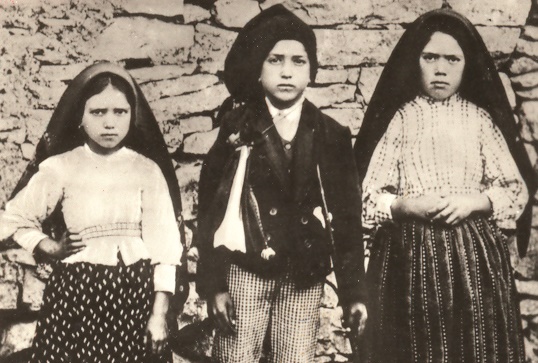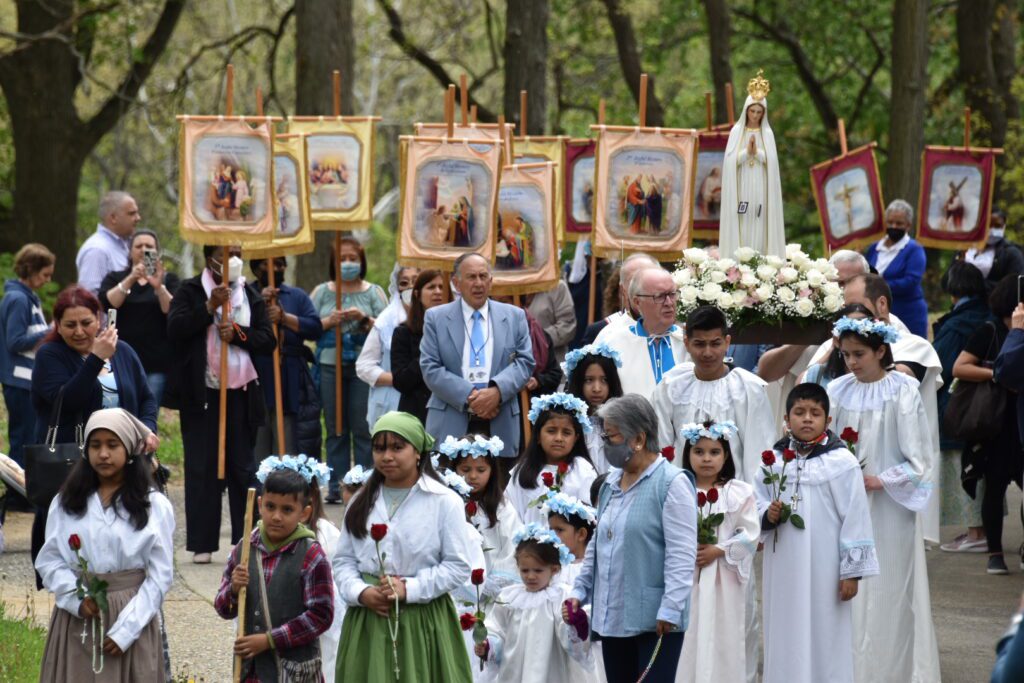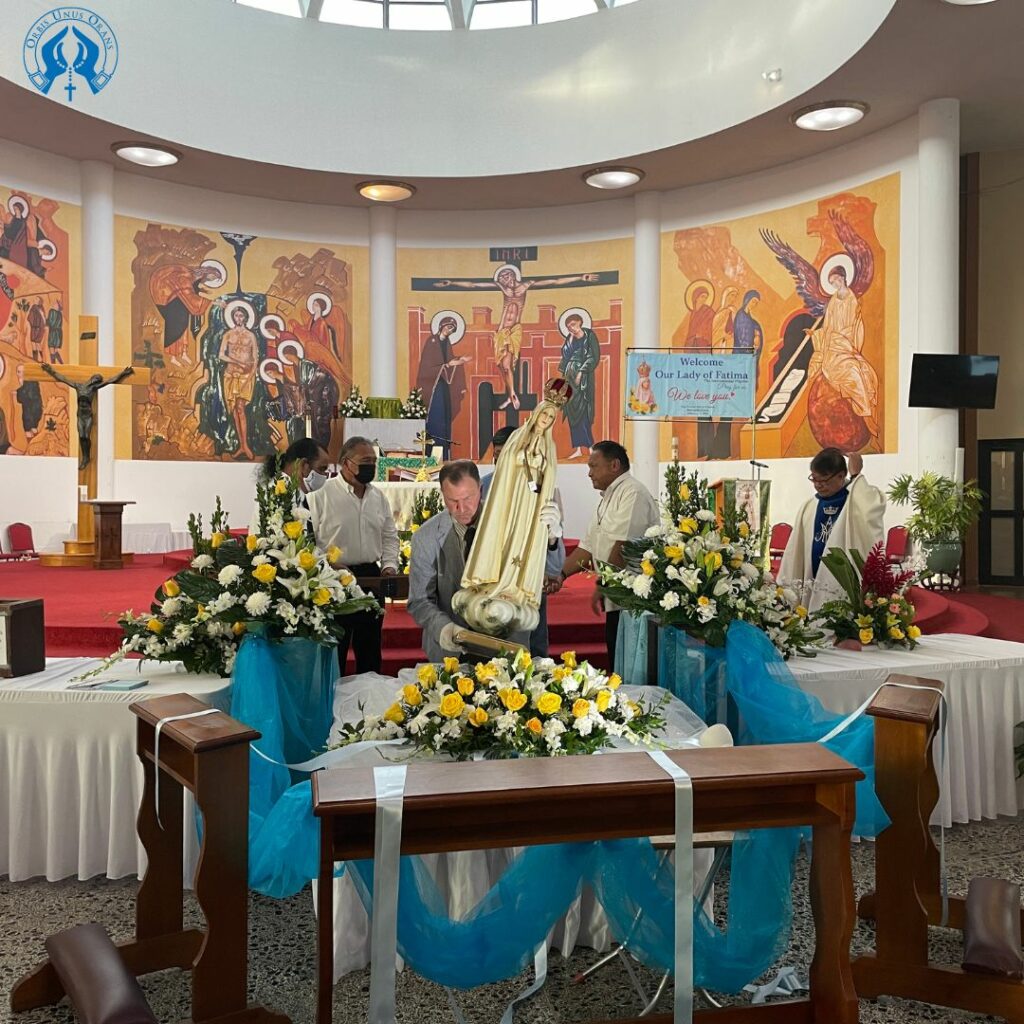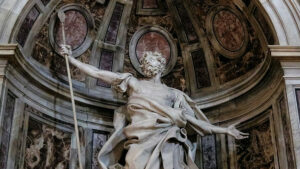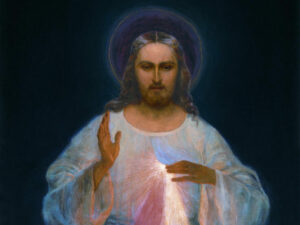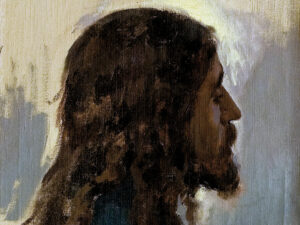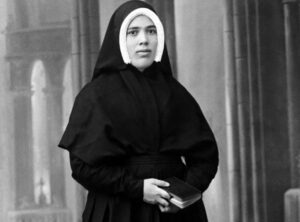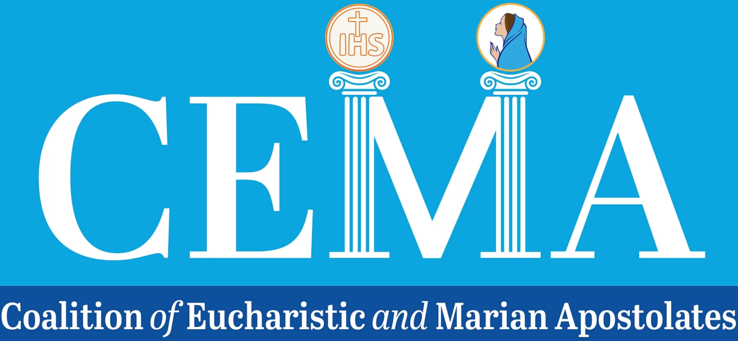by Donal Anthony Foley –
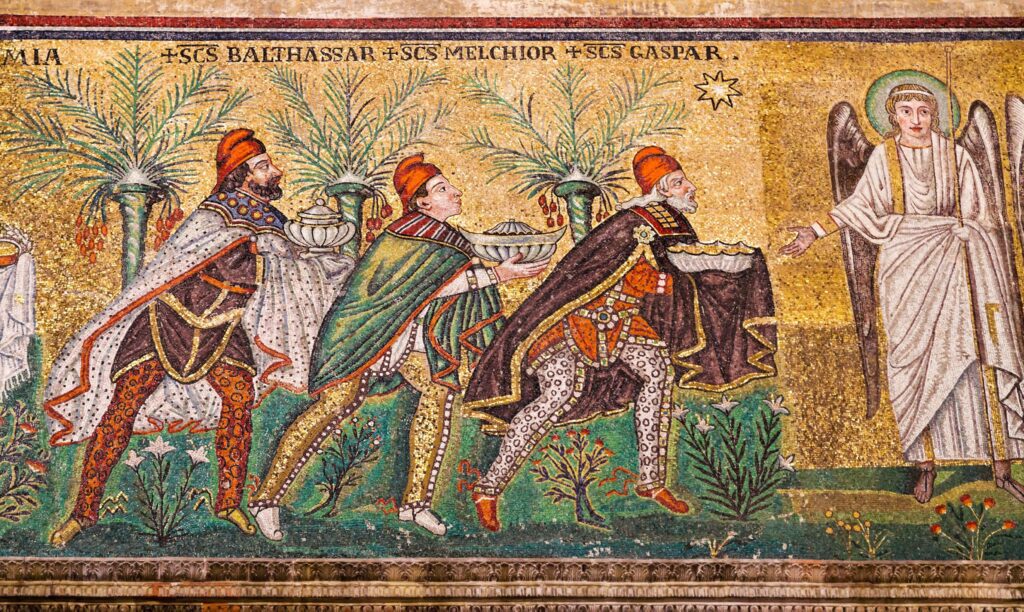
We have once again experienced the beauty of Christmas, with its focus on the Nativity scene. As we have listened to the readings and Gospels at the Masses of Christmastide, we have followed the Holy Family during their journey to the humble cave at Bethlehem, and through the events of the first Christmas with the visit of the shepherds after the Angelic apparition. Today we look at the visit of the wise men, or Magi. The commemoration of this event is known as the Epiphany or Manifestation of Christ. And whereas the visitation of the shepherds was the revelation of Christ to poor and lowly Jewish people in the locality, the visit of the wise men is regarded as symbolizing the revelation of Christ to the Gentiles, and thus to the world, as the universal Savior.
Matthew’s Gospel tells us that after their encounter with the villainous Herod in Jerusalem, the wise men once again saw the mysterious star they had seen rising in the East and followed it to nearby Bethlehem, having understood it to be a sign of the birth of the King of the Jews. The star halted over the place where the Holy Family were, and with great joy in their hearts, the Magi entered the house and saw, “the child with Mary his mother.” They fell on their knees and worshiped him while also offering their gifts of gold, frankincense and myrrh.
In offering this homage and these gifts, they were in fact worshiping the Child Jesus as divine, since according to the traditional interpretation, incense was an offering made to God, while gold implied kingship and myrrh was a prophetic symbol of the death that Christ should suffer. Myrrh was actually used as part of the embalming process that followed His crucifixion. (Jn 19:39)
If we look at the overall significance of the Epiphany, as Christ’s manifestation to the world, the first thing to notice is how prominent Our Lady is during this event. As noted above, St. Matthew is careful to emphasize the fact that the wise men found the infant King of the Jews “with Mary his mother.”
Without her “fiat” at the Annunciation and her continual cooperation with God’s plan for the Incarnation, there would have been no Christ Child to manifest to the world.
This is significant because, as St. Louis de Montfort pointed out in his book the True Devotion, “If … as is certain, the knowledge and the kingdom of Jesus Christ must come into the world, it can only be as a necessary consequence of the knowledge and reign of Mary. She who first gave him to the world will establish his kingdom in the world.”
In other words, just as the Blessed Virgin was instrumental in bringing about the first coming of Christ, so will she be crucial regarding His Second Coming.
Fatima and its significance for the whole world
We are now living in the period leading up to this event, but obviously, we don’t know how long it will be before it takes place. We do know, however, that at Fatima Our Lady promised that the world would be given a period of peace, as part of the Triumph of her Immaculate Heart, and so we can presume that this time of peace will occur before the end times.
This is the context in which we must understand the Message of Fatima; it is far more than just a series of apparitions meant for their own particular period and place. It has a significance for the whole world and for the future, particularly regarding the way in which the “errors of Russia”, that is, communism and its aftermath, and now cultural Marxism, were highlighted by Our Lady during the July 1917 apparition.
Thus, Fatima is in a sense a new Epiphany of Christ, a new manifestation of Him to the world given through his Blessed Mother, since if we examine the Fatima message we can see that in essence it is Our Lady pointing to the importance of Christ and the Church for the world, through devotion to her Immaculate Heart. This devotion is clearly very important in itself, but it always has the ultimate intention of leading the world back to Christ and God.
We can also perhaps see a link between the Epiphany and Fatima with regard to the enigmatic star seen by the Magi. Many theories as to the origin of this “star” have been put forward. But if we take the Biblical text seriously, then it is clear that it could only have been a miraculous supernatural sign, rather than a meteor or comet or conjunction of stars, since we are expressly told that the star “came to rest over the place where the child was.” (Mt 2:9) Needless to say, meteors, comets or stars do not stand still in the heavens, and moreover, the star must have been close to the ground in order to indicate the location of the Christ Child.
If we turn now to Fatima, we can see that the miracle of the sun on Oct. 13, 1917, also involved a star – our own sun. And likewise, the “unknown light” prophesied by Our Lady, which was manifested (that word again!) in 1938 was due to an unusually large aurora borealis, a phenomenon which is due to solar particles encountering earth’s atmosphere.
Ultimately, too, if we look forward from the crib to the Cross of Christ, we can see how His crucifixion was a type of manifestation; this time, not in a more or less hidden way, as was the case with Magi, but in a very public way on Mount Calvary. On both occasions the Blessed Virgin was with Him, firstly as His Mother, and then at the foot of the Cross as co-redemptrix.
The Epiphany, then, was the first manifestation of Christ. And while we await His final coming, the role of all Catholics who take their faith seriously is to manifest the life of Christ in their own lives. In fact, since we are the Body of Christ, the ordinary way in which Christ is manifested to the world is through our actions and how others perceive us.
We can consistently act in a Christ-like way by following and promoting the Message of Fatima – and so it would be good if our new year’s resolutions could include a determination to do just that: to pray the Rosary more earnestly, to practice and promote the First Saturdays devotion more zealously and to encourage everyone to have a wholehearted devotion to Our Lady’s Immaculate Heart.
Donal Anthony Foley is the author of a number of books on Marian Apparitions and children’s books, and maintains a related web site at www.theotokos.org.uk. He is a regular contributor to Soul Magazine and the World Apostolate of Fatima blog.


